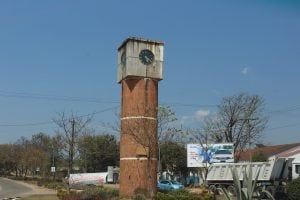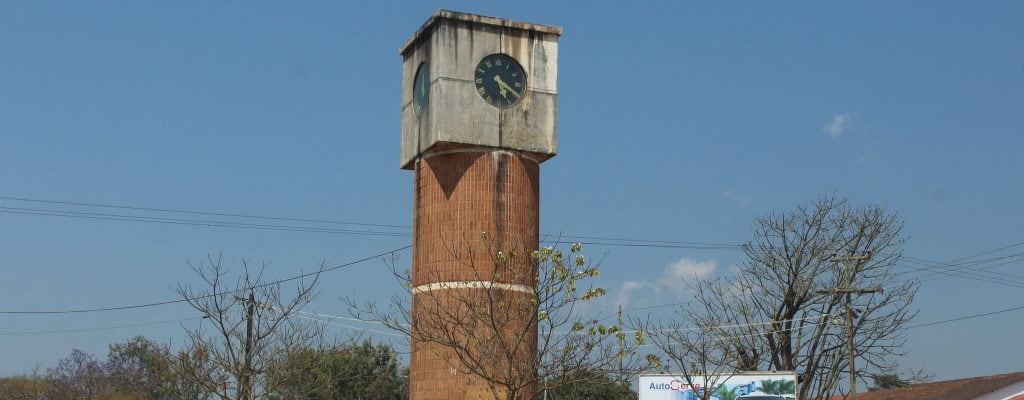
The Viphya Forest to the south of the city is the largest man-made forest in Africa and listed as the third largest rainforest in the world.
To the northwest of the city, the visitor will delight at the Nyika National (Game) Park. It is Malawi’s largest park with an area of 1,250 sq miles or 3200 sq km. It extends across the great plateau, which is essentially a granitic dome, and its environment is like none other in the whole of Africa. The name, Nyika, which means, “where the water comes from” is one of Malawi’s most important catchment areas. The rolling scenery is at its best during the rainy season when over 200 types of orchids are in full bloom. The grasslands of Nyika are rich in wildflowers in other seasons and lists one of the highest leopard populations in Central Africa. The park also contains a large number of smaller mammals such as warthog, as well as the antelope family, from the diminutive duiker to eland and roan. Zebras are common throughout the park. Elephants and buffalo usually keep to the lower areas near the northern edge of the park, but lions and elephants can, at times, be found on the high plateau. Spectacular views of the mountains and Lake Malawi, in the distance to the east, can be seen from the park.

